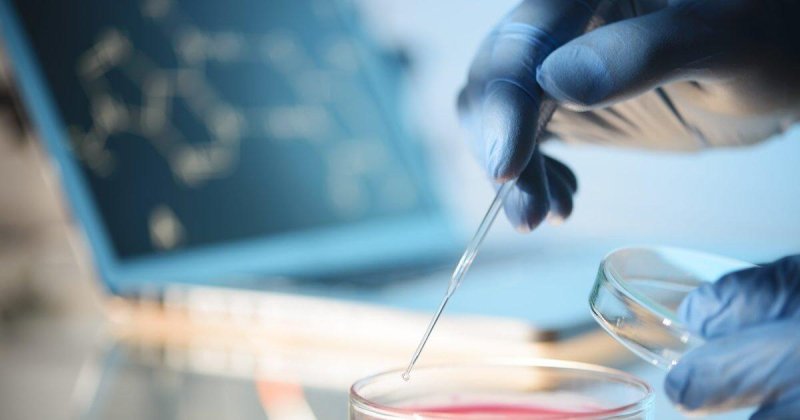The advances made possible by CRISPR could bring vast benefits to society, but the technology also poses risks. An out-of-control gene drive could drastically alter or even threaten a species. And editing the human genome raises risks both for individuals and for society as a whole. To head off those dangers, governments and scientific institutions will have to respond by establishing standards that both enable promising research to go forward and reassure the public that the work is being conducted responsibly.
…
Experiments in both human genome editing and gene drives are generally classified as “dual use”—research whose results may be used for good or evil.
…
Although gene drives cannot be used to create new viruses or bacteria—neither type of pathogen reproduces sexually—they could be used to create other kinds of weapons. For example, mosquitoes could be modified to produce toxins or such that they can expand their natural habitat and so spread malaria, dengue fever, or other diseases outside tropical areas.
Indeed, virtually all biological research could plausibly be described as dual use.
…
This is one reason why all of those who value the lifesaving breakthroughs that biological research has made possible should reject the idea of regulating biological research primarily because it is dual use.
…
[T]he mere fact that something can be used to do harm must not suffice to trigger regulation.Read full, original post: Keep CRISPR Safe































